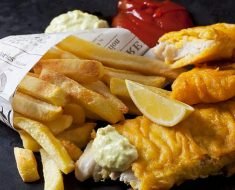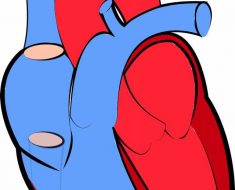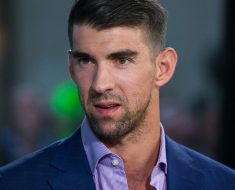A couple of reports published last week added to an ever-growing body of evidence about the dangers of being overweight. One landmark study of 2.8 million people in the UK found that being obese increased the risk of type 2 diabetes ninefold and heart failure by 70 per cent. Another found that childhood obesity could be reduced by teaching parents how to say "no" when children ask for snacks.
Illustration: Matt DavidsonCredit:
But one group of people are completely unconcerned: the "fat acceptance" movement, whose proponents preach that it's fine to be fat and diets are harmful. Many gather on social media under hashtags such as #fatspo, short for fat inspiration, a topsy-turvy version of the infamous #thinspo, which was banned from Instagram in 2012 for fear that it encouraged eating disorders.
Many are not concerned about the health risks of carrying too much fat, whereas others believe there is no risk. Their main aim is to tackle diet culture and "fatphobia" – the prejudice that larger people say they receive from wider society. They hope to dilute the fitness and weight-loss posts still routinely found on social media with "body positive" messages of their own.
Sofie Hagen, a stand-up comedian and author of Happy Fat: Taking Up Space in a World That Wants to Shrink You posts pictures of her bare belly to her 44,700 followers on Instagram. "Yeah, sure, I'll glorify obesity!" she says. "Ninety-nine per cent of the time, I truly, genuinely, love every part of my body."
Another "fat-fluencer", 34-year-old Leanda Lewis, poses in plus-size fashion on Instagram under the name "just_eat_the_doughnut". "Being mean to fat people is the last prejudice that it's OK to have," she says.
With their raucous trumpeting of anti-body shaming slogans ("You are a freaking goddess… just be who you are!"), fat-fluencers have tapped into a rising societal awareness of the importance of mental health in overall wellbeing. It's an issue championed by Amy Pence-Brown, an American "radical fat activist" who posts pictures of herself naked or in a bikini on Instagram. She runs "body-positive boot camps" in Idaho, which women and teenage girls attend to learn to accept how they look. "We talk about 'whole health', which includes mental health, physical health and emotional health", she says.
The rejection of dieting has some basis in science; it has been shown to be nearly impossible to become a normal weight if you are obese – Hagen describes the chances of a diet working as "ironically, slim". A study of 176,000 people found that less than 1 in 100 obese women and 1 in 200 men will become a normal weight.
Campaigners often hit back at health warnings about being overweight, claiming they are derogatory.
But, for all the best efforts of the fat-fluencers, the biggest study of obesity in the UK has served as a reminder of inconvenient truths – not least that excess weight carries a significant risk of death and disease.
The #fatspo campaigners have raised two important points: that far too many people do not like how they look, and that suggested methods of losing weight are not working. For some, using social media to post pictures of themselves fat and happy is a way for them to love their bodies. But there might be an even more positive way to put this self-love into action – eating better and exercising more.
Telegraph, London
Source: Read Full Article






